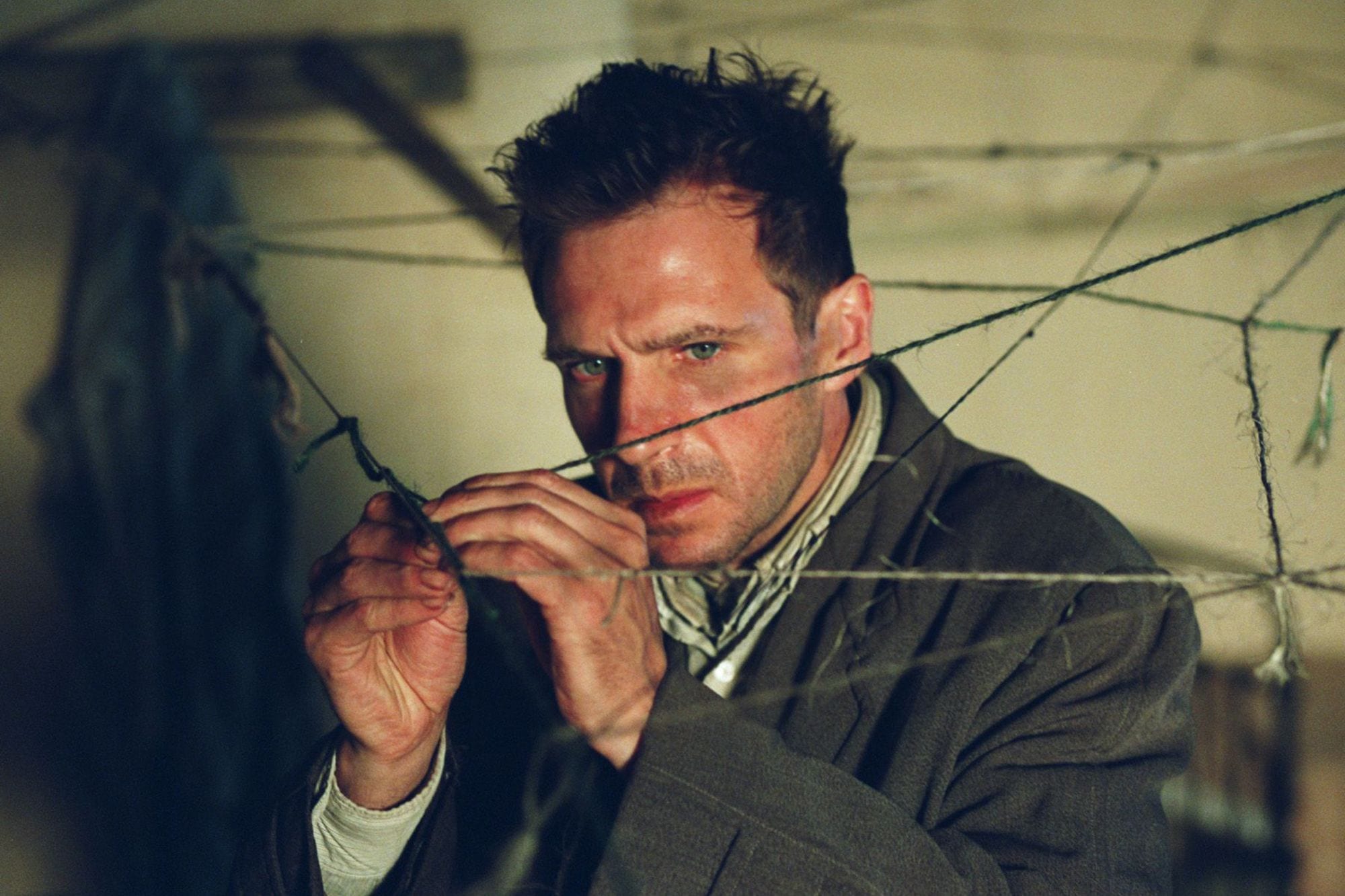
The Best Film of 2024
Our Best Film of 2024 commemorates intriguing films, emerging voices and celebrated doyens searching for stranger narratives and new angles on existing legends.

Our Best Film of 2024 commemorates intriguing films, emerging voices and celebrated doyens searching for stranger narratives and new angles on existing legends.

In the vein of socially relevant topics at Venice Film Festival 2024, Queer, Joker: Folie a Deux, and 2073 got the island of Lido talking for different reasons.

The 81st edition of the preeminent Venice Film Festival sees heaps of madly ambitious, off-kilter releases by Jon Watts, Brady Corbet and Pedro Almodóvar.

In All About My Mother, Pedro Almodóvar leverages hyperreality through a camp lens to narrate a story that is as rich in theatricality as it is in the nuanced emotionality of the dream.

Competition at Venice Film Festival 2021 will be fierce, with many of the world’s most renowned auteurs vying for the Volpi Cup and/or early Oscars buzz.

There are mythical moments in Almodóvar’s All About My Mother. We are meant to register repetition in the story as something wonderfully strange, a connection across the chasm of impossibility.

"Crazy" movies for crazy times. These 32 films make the case for the recently-escaped-or-released-mental-patient narrative as its own subgenre, replete with a language of recurring themes, plot devices, and character archetypes.

Veteran Spanish director Pedro Almodóvar's pointedly autobiographical film, Pain and Glory, reflects on the power of art in shaping a life and legacy.

Neurotic New Yorkers, Queer Mavericks, Swedish close-ups and the art of putting a microphone on every person on set are but a few of the themes explored in PopMatters' first group of ten essential directors, Chantal Akerman through Bernardo Bertolucci. Please note that any perceived omissions were likely on purpose...

Pedro Almodóvar once more places a fractured mother/daughter relationship at the centre of his work in ‘Julieta’, his adaptation of an Alice Munro story.


Spanish punkers came swinging harder than ever, screaming not for the sake of inducing change, but screaming for the sake of screaming – because now they could.